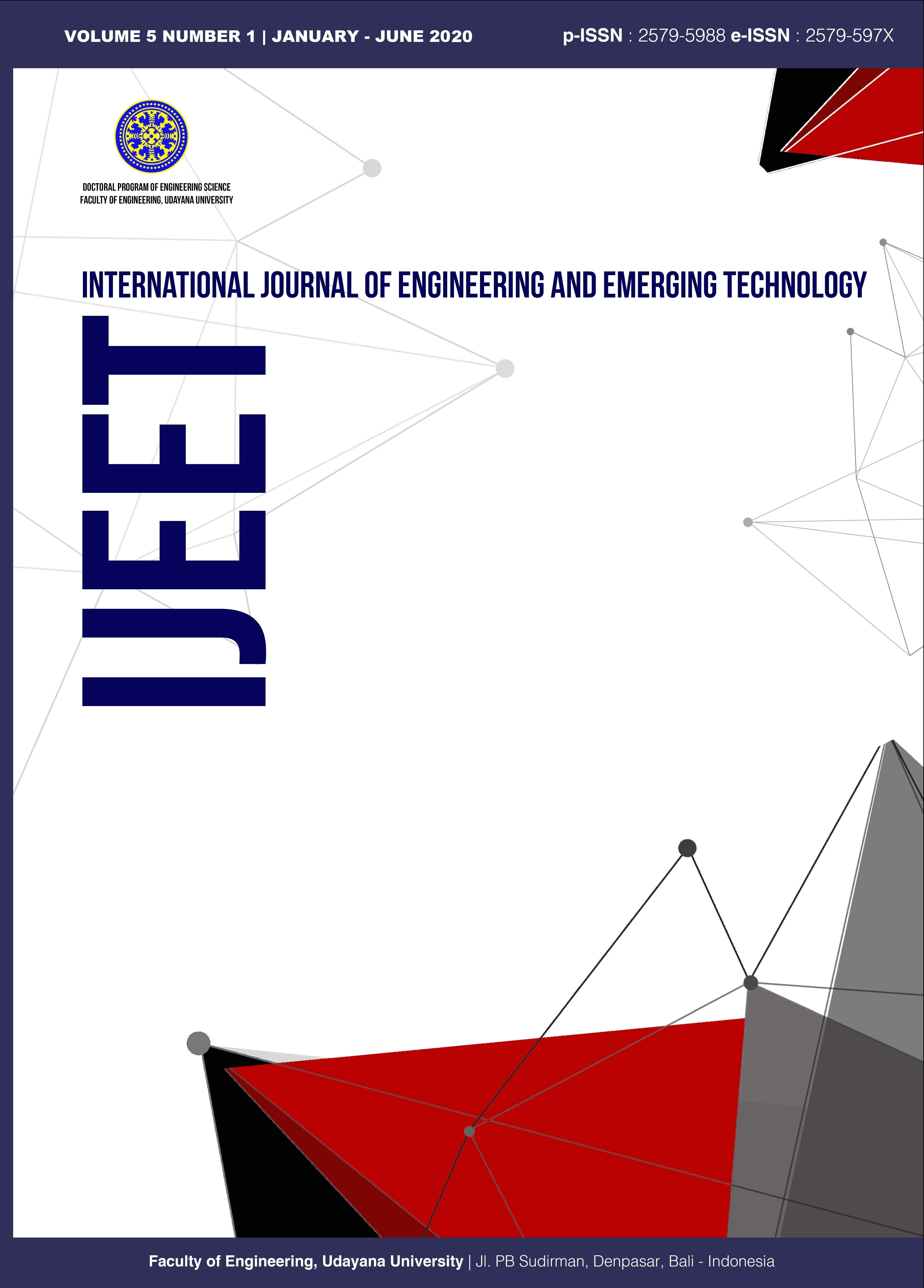Knowledge Sharing In Perspective Of Tri Kaya Parisudha And Its Effect On Value Engineering Construction Projects
Abstract
Abstract Knowledge is the implementation of information and is convinced can be used for decision making. In this 21st century the success of an organization depends very much on the knowledge they have and how to utilize existing knowledge. The objectives of the research are to know and understand the effect of tacit knowledge and explicit knowledge in the Tri kaya Parisudha perspective on the value engineering of construction projects and to know and understand the influence of explicit knowledge mediating the relationship of tacit knowledge to the value engineering of construction projects. Quantitative analysis used is multivariate analysis using structural equation modeling or SEM with a variance-based or component-based approach called PLS (Partial Least Square). Tacit knowlege in manacika perspective significantly influences explicit knowledge in wacika and kayika perspectives, as well as tacit knowlege and explicit knowledge in manacika, wacika and kayika perspectives significantly influence construction project value engineering. Whereas explicit knowledge partially mediates between tacit knowledge to value engineering on construction project.
Index Terms— Knowledge sharing, Tri Kaya Parisudha, Value engineering, Construction projects.

 Indexed By
Indexed By







